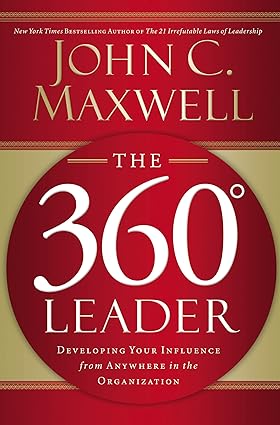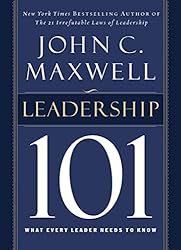John Greenleaf Whittier (December 17, 1807 – September 7, 1892) was an American Quaker poet and advocate of the abolition of slavery in the United States. Frequently listed as one of the fireside poets, he was influenced by the Scottish poet Robert Burns. Whittier is remembered particularly for his anti-slavery writings as well as his book Snow-Bound.
Whittier was first introduced to poetry by a teacher. His sister sent his first poem, “The Exile’s Departure”, to the Newburyport Free Press without his permission and its editor, William Lloyd Garrison, published it on June 8, 1826.[4] Garrison as well as another local editor encouraged Whittier to attend the recently opened Haverhill Academy. To raise money to attend the school, Whittier became a shoemaker for a time, and a deal was made to pay part of his tuition with food from the family farm.[5] Before his second term, he earned money to cover tuition by serving as a teacher in a one-room schoolhouse in what is now Merrimac, Massachusetts.[6] He attended Haverhill Academy from 1827 to 1828 and completed a high school education in only two terms.
BARBARA FRIETCHIE
BARBARA FRIETCHIE
Up from the meadows rich with corn,
Clear in the cool September morn,
–
The clustered spires of Frederick stand
Green-walled by the hills of Maryland.
–
Round about them orchards sweep,
Apple and peach tree fruited deep,
–
Fair as the garden of the Lord
To the eyes of the famished rebel horde,
–
On that pleasant morn of the early fall
When Lee marched over the mountain-wall;
–
Over the mountains winding down,
Horse and foot, into Frederick town.
–
Forty flags with their silver stars,
Forty flags with their crimson bars,
–
{^line 20}
Flapped in the morning wind: the sun
Of noon looked down, and saw not one.
–
Up rose old Barbara Frietchie then,
Bowed with her fourscore years and ten;
–
Bravest of all in Frederick town,
She took up the flag the men hauled down,
–
In her attic window the staff she set,
To show that one heart was loyal yet.
–
Up the street came the rebel tread,
Stonewall Jackson riding ahead.
–
Under his slouched hat left and right
He glanced; the old flag met his sight.
–
“Halt!”- the dust-brown ranks stood fast.
“Fire!”- out blazed the rifle-blast.
{^line 40}
–
It shivered the window, pane and sash;
It rent the banner with seam and gash.
–
Quick, as it fell, from the broken staff
Dame Barbara snatched the silken scarf.
–
She leaned far out on the window-sill,
And shook it forth with a royal will.
–
“Shoot, if you must, this old gray head,
But spare your country’s flag,” she said.
–
A shade of sadness, a blush of shame,
Over the face of the leader came;
–
The nobler nature within him stirred
To life at that woman’s deed and word;
–
“Who touches a hair of yon gray head
{^line 60}
Dies like a dog! March on!” he said.
–
All day long through Frederick street
Sounded the tread of marching feet:
–
All day long that free flag tost
Over the heads of the rebel host.
–
Ever its torn folds rose and fell
On the loyal winds that loved it well;
–
And through the hill-gaps sunset light
Shone over it with a warm good-night.
–
Barbara Frietchie’s work is o’er,
And the Rebel rides on his raids no more.
–
Peace and order and beauty draw
Round thy symbol of light and law;
–
{^line 80}
And ever the stars above look down
On thy stars below in Frederick town!
–
Honor to her! and let a tear
Fall, for her sake, on Stonewall’s bier.
–
Over Barbara Frietchie’s grave,
Flag of Freedom and Union, wave!
–
–
THE END



















